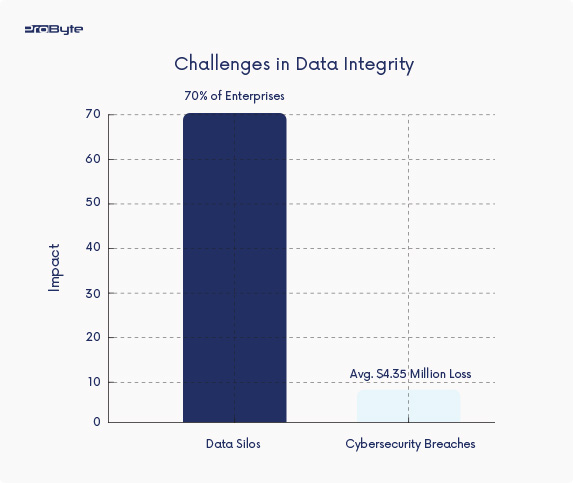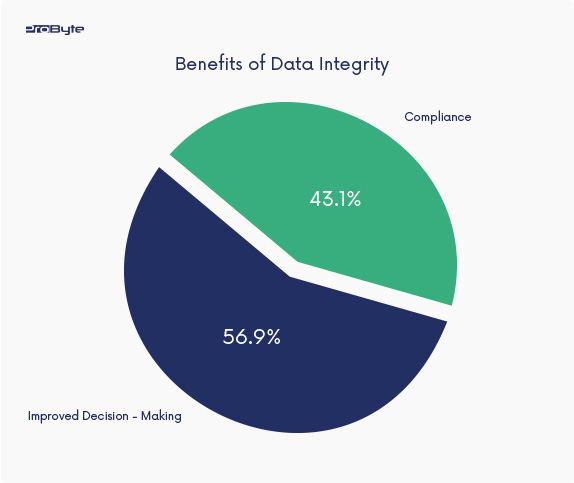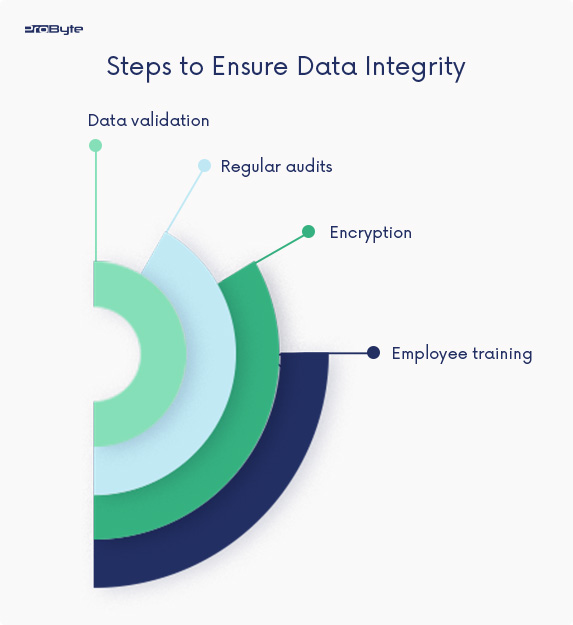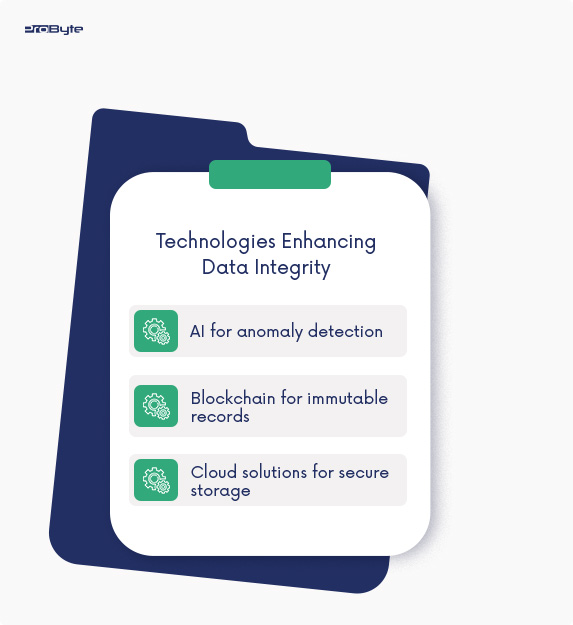In the era of digital transformation, data has become the most critical asset for businesses. It fuels decision-making, enables personalized customer experiences, and drives innovation. However, the quality of insights derived from data hinges on its integrity. Data integrity refers to the accuracy, consistency, and reliability of data over its lifecycle, ensuring it remains trustworthy for analysis and operations. As organizations increasingly adopt technologies like AI, machine learning, and cloud computing, maintaining data integrity has become both a priority and a challenge. This guide explores the significance of data integrity in digital transformation, its challenges, best practices, and its role in ensuring the success of advanced technologies.
Data integrity is the assurance that data is complete, accurate, consistent, and protected from unauthorized alterations. It encompasses:
Data reflects reality without errors.
Data remains uniform across databases and systems.
Data is dependable and meets predefined quality standards.
Data is whole, with no missing elements.
Maintaining data integrity involves implementing measures to protect data from corruption, loss, or unauthorized access while ensuring compliance with regulations such as GDPR and HIPAA.
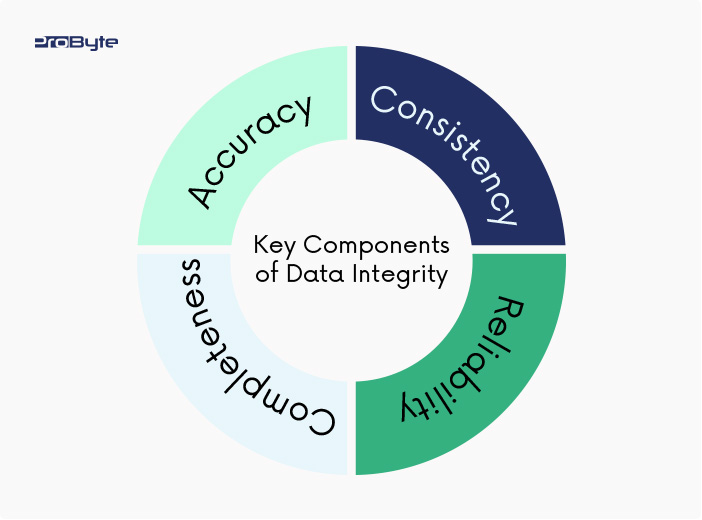
Digital transformation initiatives rely heavily on technologies like AI, IoT, and analytics. The effectiveness of these technologies depends on clean, high-quality data. For instance:
Organizations need accurate data to make strategic decisions. Faulty or inconsistent data can lead to poor decisions, impacting revenue and operational efficiency. According to Gartner, poor data quality costs organizations $12.9 million annually on average.
Data integrity is a cornerstone of compliance with regulations like GDPR, HIPAA, and CCPA. Maintaining accurate and secure data reduces the risk of legal penalties and builds customer trust.
Accurate data enables businesses to deliver personalized experiences. For example, reliable customer data ensures targeted marketing campaigns and seamless interactions.
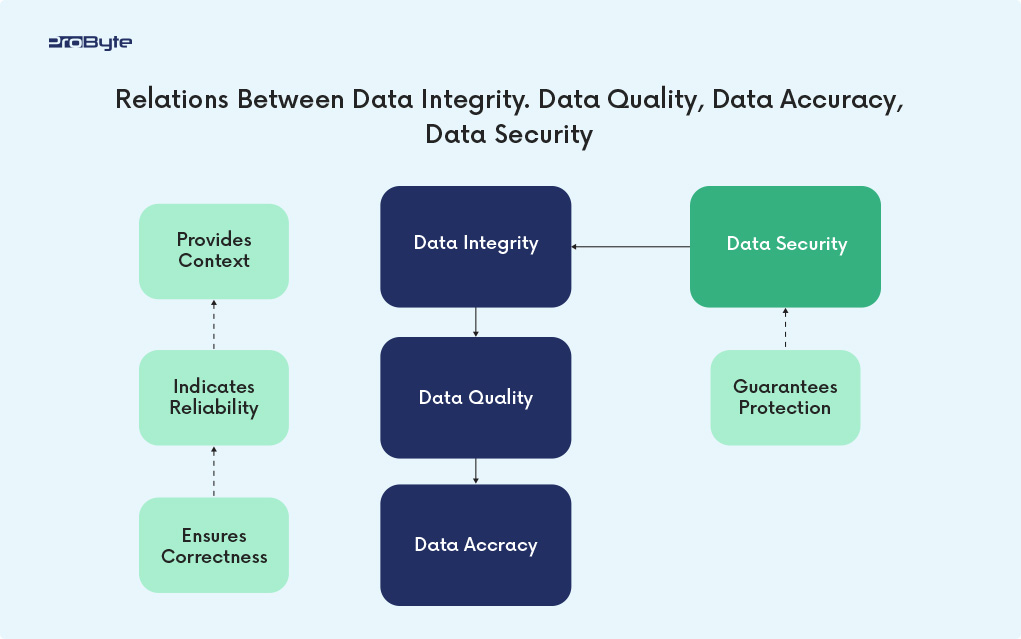
Despite its potential, integrating AI in IT processes comes with challenges:
Organizations often store data in disparate systems, leading to inconsistencies and duplication. Integration across systems is essential to maintain consistency.
The exponential growth of data from multiple sources, including IoT devices and social media, makes it challenging to ensure accuracy and reliability.
Data breaches, hacking, and ransomware attacks can compromise data integrity. Businesses must prioritize robust security measures.
Manual data entry and processing introduce errors that affect data quality. Automating data management can mitigate these risks.
Without proper governance policies, data can become outdated, irrelevant, or non-compliant with regulations.
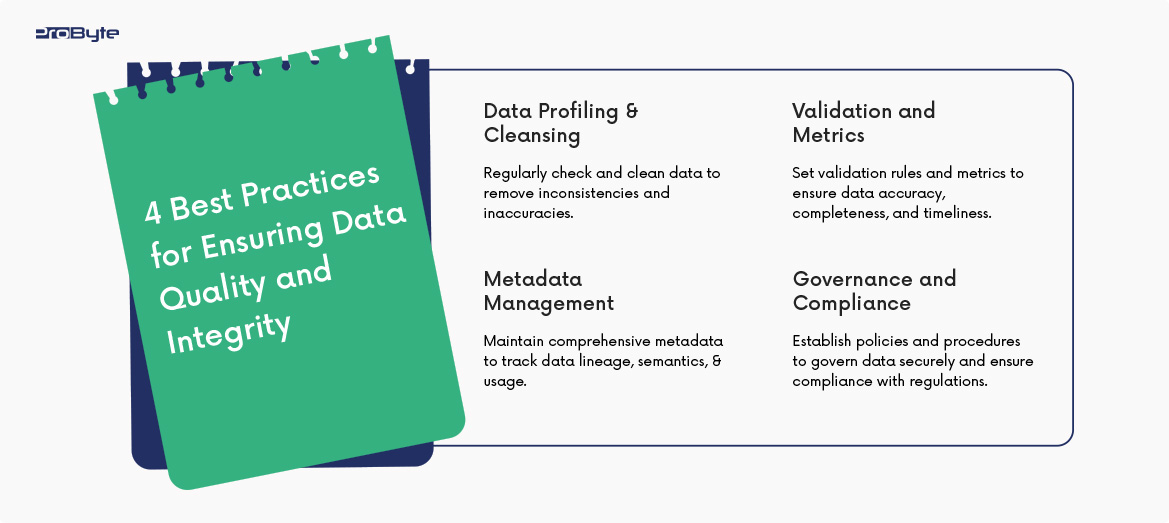
Amazon relies on clean and accurate data to power its recommendation engine. By maintaining data integrity, the company delivers highly personalized shopping experiences, boosting customer satisfaction and sales.
During the COVID-19 pandemic, Pfizer’s vaccine development depended on accurate and consistent clinical trial data. Robust data governance ensured the reliability of results, enabling swift regulatory approval.
Netflix uses high-quality data to analyze user behavior and improve its recommendation algorithms. Data integrity plays a pivotal role in driving user engagement and reducing churn.
As digital transformation evolves, data integrity will become even more critical. Emerging technologies like blockchain can enhance data integrity by creating immutable records. Additionally, advancements in AI will enable real-time monitoring and anomaly detection, ensuring data remains trustworthy.
Organizations must prioritize data integrity to stay competitive, meet regulatory requirements, and unlock the full potential of digital transformation.
